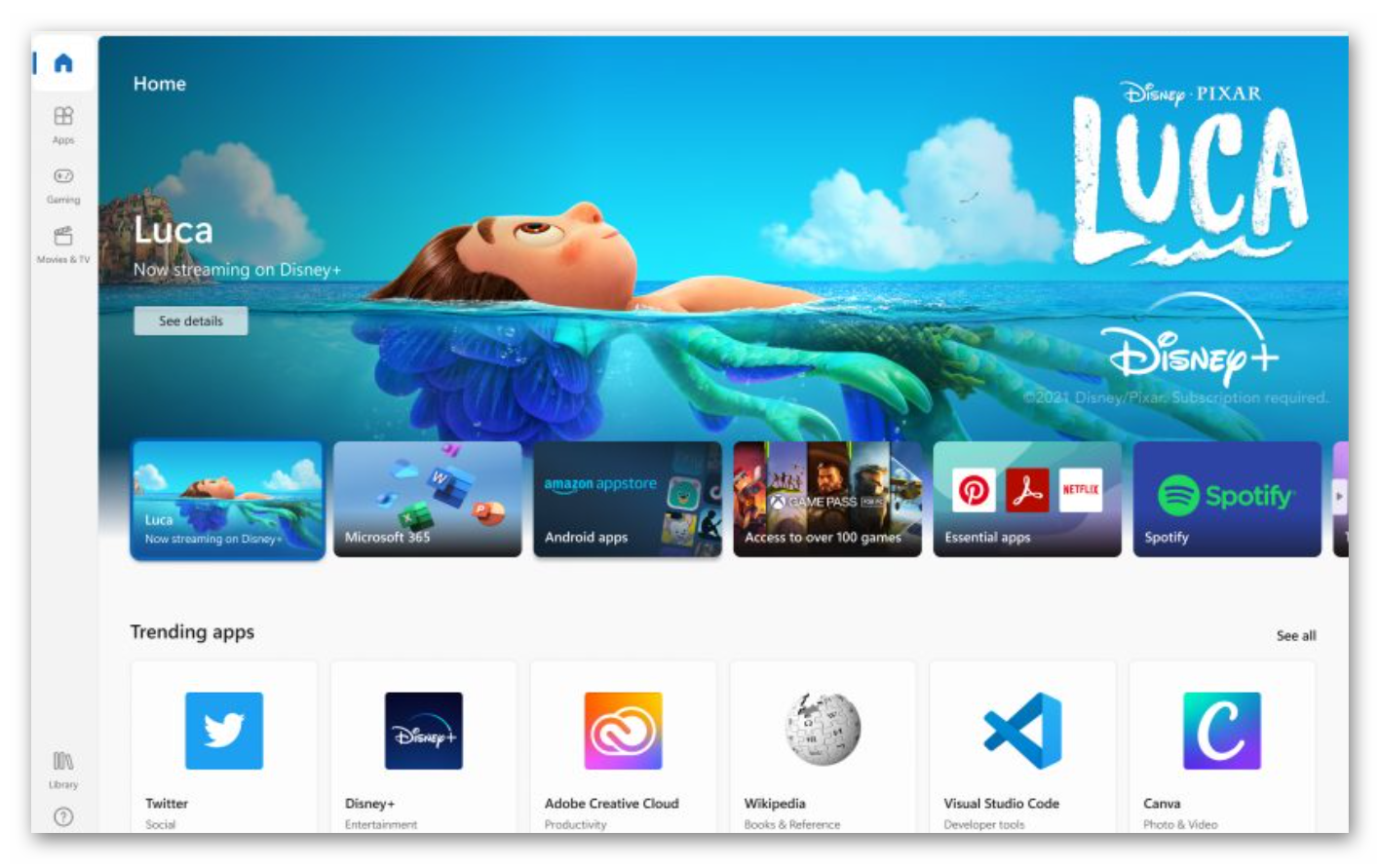
Microsoft created the Windows App Store a few years ago. The Microsoft Store is now one of the most popular apps on PCs, with buyers praising the convenience and security it provides over the risks of downloading software from the internet. App developers, on the other hand, have told Microsoft that technological and policy limits built into the Store’s early underpinnings made it difficult for them to get their programs published.

In response, Microsoft has made a series of fundamental adjustments to the Windows app store policies that can streamline the clumsy installation process and convince developers to offer their apps on a common platform instead of making users individually visit their websites.
Most importantly, the Windows store — available on Windows 11 and soon on Windows 10 — can host any kind of app. Before, if developers wanted to bring their apps to the Windows store, they had to employ a specific Microsoft framework. Now, they have the flexibility to choose from a number of technologies including the traditional desktop Win32 format; Microsoft’s UWP model, which allows devs to engineer services for all Windows platforms like Xbox and Windows in one go; and even progressive web apps. On top of that, Microsoft is letting developers keep all the revenue their apps earn as long as they use their own commerce services.
On Windows 11, even if they go with Microsoft’s payment tech, they can keep 85% (88% in case it’s a game) of their earnings compared to Apple’s 30% tax. Another highlight of the new Microsoft Store is that it’s open to hosting alternative app stores. At launch, it will have a section where users can browse and install items from Amazon’s Android app store. In the future, as opposed to separately downloading app stores of, for instance, Epic Games and Steam, you could directly access them from the Microsoft Store.
Windows users, though, are accustomed to Googling an installation file instead of heading to the app store. To make the transition easier for both developers and their customers, Microsoft has a new mini pop-up store. Developers can replace the link to their installation file on their website with a “Get it from Microsoft.” When anyone clicks this, they’ll get a floating prompt with the app’s details and a download button that automatically fetches and installs it on your computer from the Microsoft Store. In addition to a visual refresh, the Microsoft Store now performs better and no longer leaves you hanging around for hours for updates and downloads.
Microsoft appears to have it all figured out and, despite its rocky history with third-party developers, it looks like it has managed to already convince many of them. Since rolling out the developer preview, a range of popular desktop apps including Zoom, WinZip, Adobe Acrobat Reader, and a few more have made their way to the Microsoft Store. The new Microsoft Store has a long way to go, but after weeks of testing, it’s shaping up to be promising. When I wanted to set up Adobe Reader, I simply popped into the store and with a click, the desktop app was available on my PC instead of its awfully lacking touch counterpart. The new Windows Store, however, could use a cleanup. Despite these advancements, it’s still littered with endless counterfeit clones of well-known software making it hard to tell which one’s authentic.

Carl Riedel is an experienced writer focused on using Open Source Intelligence (OSINT) to produce insightful articles. Passionate about free speech, he leverages OSINT to delve into public data, crafting stories that illuminate underreported issues, enriching public discourse with perspectives often overlooked by mainstream media.






